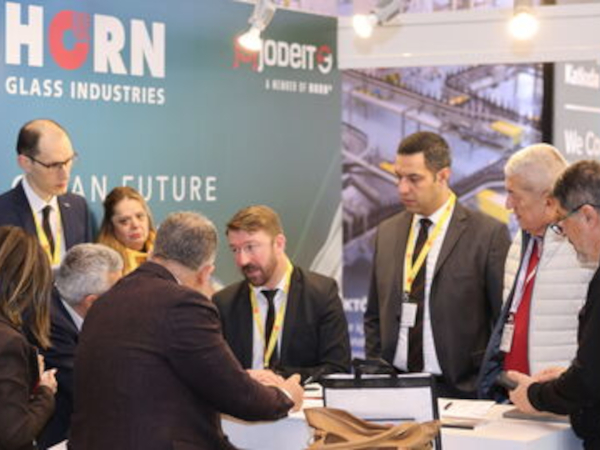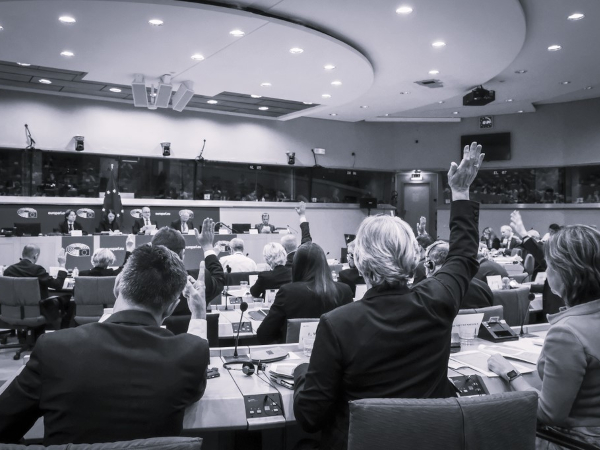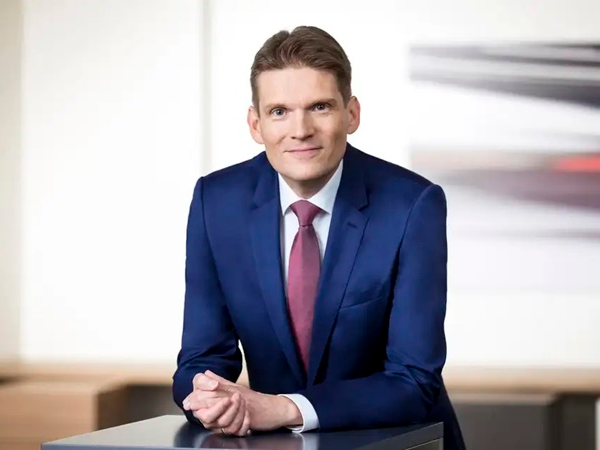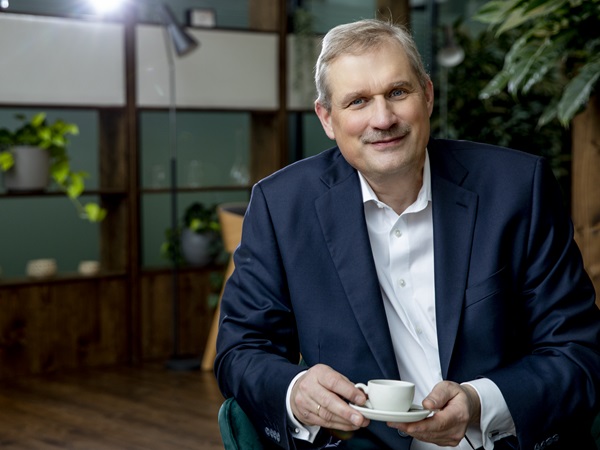Date: 2 January 2002
To pay tribute to the founder of the modern science of glass and glass technology nine well-known scientists from the USA, Japan and Europe delivered papers on the results of current research under the overall heading of “The Science of Glass and Glass Technology on the Threshold of the Third Millennium”.
Chairman of the Board of Management Dr. Leopold von Heimendahl welcomed more than 300 senior executives, scientists and technologists from the whole of the Schott Group plus external guests. There were also welcoming speeches by Professor Karl-Ulrich Meyn, Rector of the University of Jena, and Professor Helmut A. Schaeffer (Frankfurt am Main) in his capacity as the President of the International Commission on Glass (ICG).
In his address Dr. Udo Ungeheuer, the member of the Schott Board of Management responsible for research, recalled Otto Schott’s life’s work as a scientist, technologist and industrialist and reported on the current innovation process at Schott. Schott is one of the world’s leading special glass manufacturers and in addition, as part of an innovation offensive, is devoting itself increasingly to problem-solving solutions, different materials and new, high-tech areas. These include optical materials for the semiconductor industry. With its calcium fluoride monocrystals as key components for chip manufacture Schott is already occupying the pole position worldwide. Its involvement in high-grade plastics, for example for pharmaceutical packaging, is also becoming increasingly important. Its recent entry into photovoltaics is also opening up highly promising prospects. All the group’s innovations are originally forged at the “Otto Schott Research Center” in Mainz, Europe’s most modern glass research unit. Schott has increased its expenditure on research and technology development successively in recent years and it now amounts to 6.2 % of sales.
The following scientists presented the results of their research work:
- Prof. Denise Krol, University of California, USA, one of the world’s leading scientists in the development of planar wave guides;
- Prof. Kazuyuki Hirao, University of Kyoto, Japan, the inventor of and expert on the structuring of glass with the femto-second laser;
- Prof. Setsuhisa Tanabe, University of Kyoto, Japan, a proven expert on the design of rare-earth-doped optical intensifiers;
- Prof. Ruud Beerkens, University of Eindhoven, Netherlands, who was awarded the 1997 Otto Schott Research Prize for his research into the modeling of glass melting tanks;
- Prof. Christian Rssel, Head of the Otto Schott Institute for the Chemistry of Glass at the University of Jena, the world’s leading developer of electrochemical methods for the characterization of glass melts; ú Prof. Reinhard Conradt, Aachen College of Technology, winner of this year’s Otto Schott Prize for the calculation of physical and chemical properties from thermodynamic data;
- Dr. Ulrich Fotheringham, Mainz, an outstanding Schott scientist and winner of the internal research prize on many occasions;
- Prof. Hideo Hosono, Tokyo Institute of Technology, Japan, who was awarded the 1991 Otto Schott Research Prize for his investigations into the interaction of radiation and glass;
- Prof. Georg Mller, University of Erlangen-Nuremberg, who enjoys great recognition worldwide for his developments in connection with computer modeling of crystal growth processes.







Add new comment